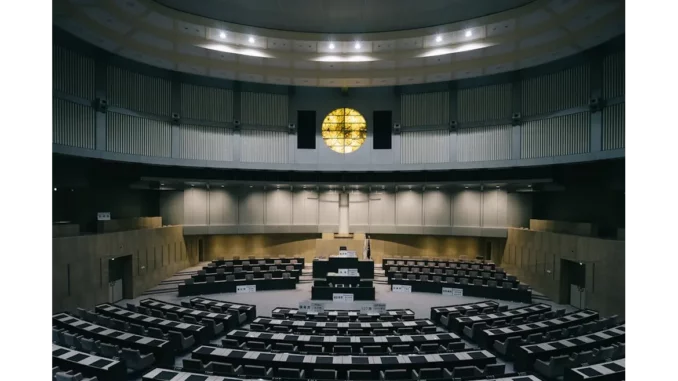
The Bracknell Forest Council, situated in Berkshire, England, plays an integral role in managing emergencies within its jurisdiction. As a unitary authority, it consolidates the responsibilities of both district and county councils, thereby offering a more streamlined form of governance and services to its residents. Understanding the council’s framework, historical evolution, and current political climate is crucial for appreciating its strategies in emergency management.
The council’s origins trace back to the Local Government Act of 1974, which established it as a lower-tier authority. With the attainment of borough status in 1988, the council chair was elevated to the position of mayor. A significant transformation occurred in 1998 with the dissolution of the Berkshire County Council, which elevated Bracknell Forest to a unitary authority. This transition expanded its remit, encompassing a wider array of responsibilities, including emergency management. The governance structure is crafted for efficiency, adapting to changes in political leadership. The 2023 elections marked a pivotal shift with the Labour Party achieving a majority, ending the long-held Conservative dominance. The current political composition—Labour holding 22 seats, the Liberal Democrats 17, the Conservatives 10, and the Green Party 2—illustrates a diverse political environment, influencing decision-making, particularly in emergency scenarios.
Bracknell Forest is home to approximately 124,600 people, with a demographic profile younger than the national average. Predominantly White British, the borough also features a tapestry of other ethnicities that contribute to its cultural diversity. Notably, the area ranks within the 10% least deprived local authorities in England, yet pockets of deprivation persist, especially in the Bracknell town centre. These demographic and socioeconomic nuances are pivotal for crafting effective emergency plans. A burgeoning population, particularly among the elderly, demands bespoke emergency services and resources. The council’s focus on identifying and addressing deprivation ensures equitable access to emergency support, a critical component in its management strategy.
The council’s emergency management framework is comprehensive and collaborative, involving partnerships with multiple stakeholders such as the Frimley Health and Care Integrated Care System. This alliance facilitates a cohesive response to emergencies, ensuring that health and social care services operate seamlessly. Financially, the council is well-prepared, having underspent its 2022/23 budget by £31,662,000. This financial diligence affords flexibility in resource allocation during crises. A significant portion of the budget is channelled towards adult social care, underscoring the council’s dedication to supporting vulnerable groups in times of emergency.
Community engagement forms the backbone of the council’s emergency management strategy. By nurturing robust relationships with local residents and businesses, the council can efficiently relay vital information during emergencies. Public education initiatives and preparedness workshops are instrumental in strengthening community resilience. Furthermore, the council exploits technological advancements to bolster its emergency response. Digital platforms facilitate the dissemination of real-time updates and guidance, ensuring residents are informed and ready to take protective actions. This approach not only enhances responsiveness but also empowers the community to proactively safeguard themselves and their properties.
Despite its robust framework, Bracknell Forest Council encounters challenges in emergency management. The anticipated increase in the elderly population will inevitably heighten demand for health and social care services, necessitating strategic foresight and resource planning. Furthermore, tackling areas of higher deprivation requires tailored strategies to guarantee that all residents receive requisite support during emergencies. Nevertheless, these challenges offer a canvas for innovation and enhancement. By continuing to invest in technology and community engagement, the council can refine its emergency management capabilities. Partnering with regional and national entities will also unlock additional resources and expertise, fortifying the council’s capacity to effectively respond to emergencies.
Bracknell Forest Council’s comprehensive approach to emergency management reflects its unwavering commitment to the safety and well-being of its residents. By leveraging its governance framework, financial resources, and community partnerships, the council is adeptly positioned to confront the complexities inherent in modern emergency management.


Be the first to comment